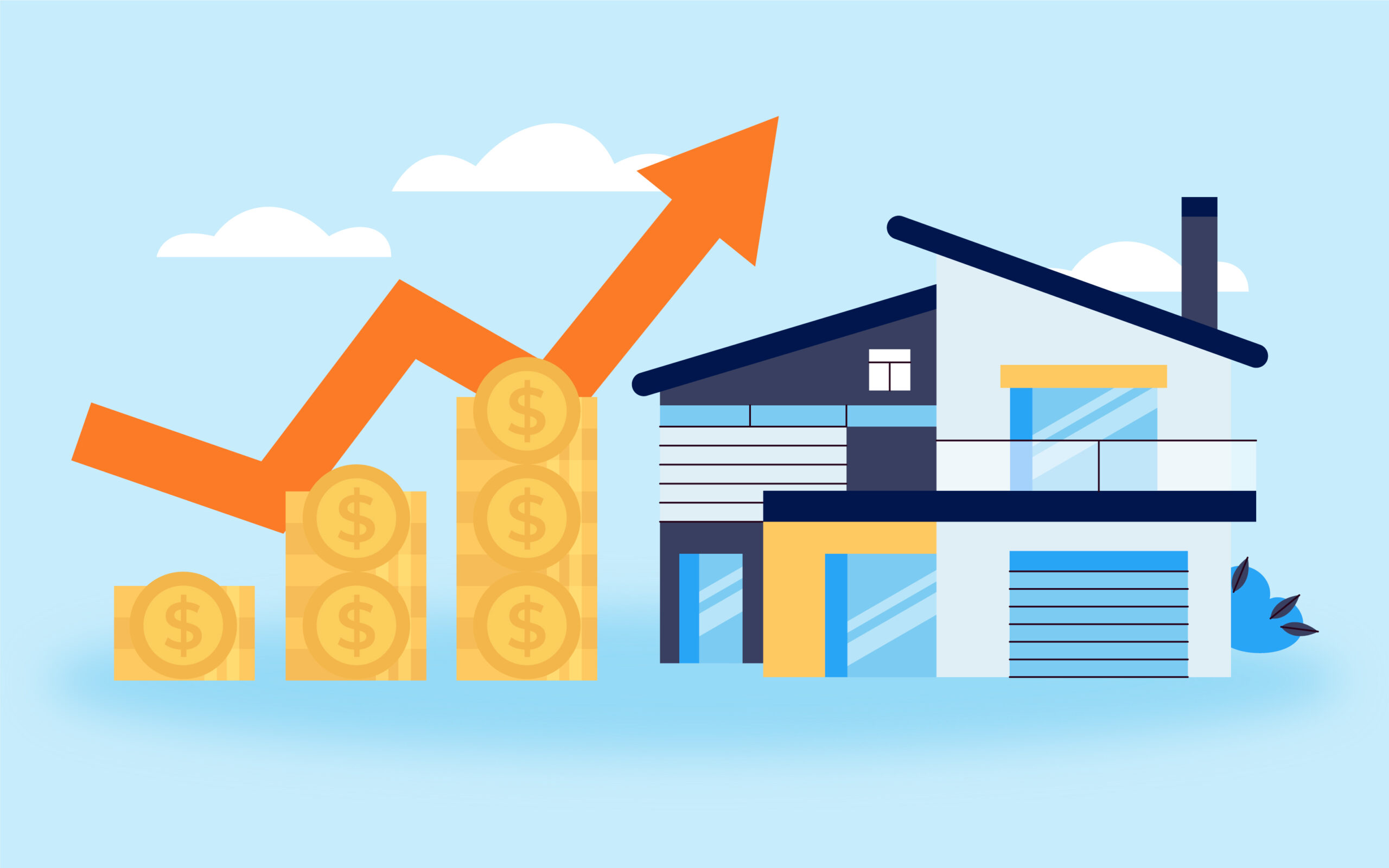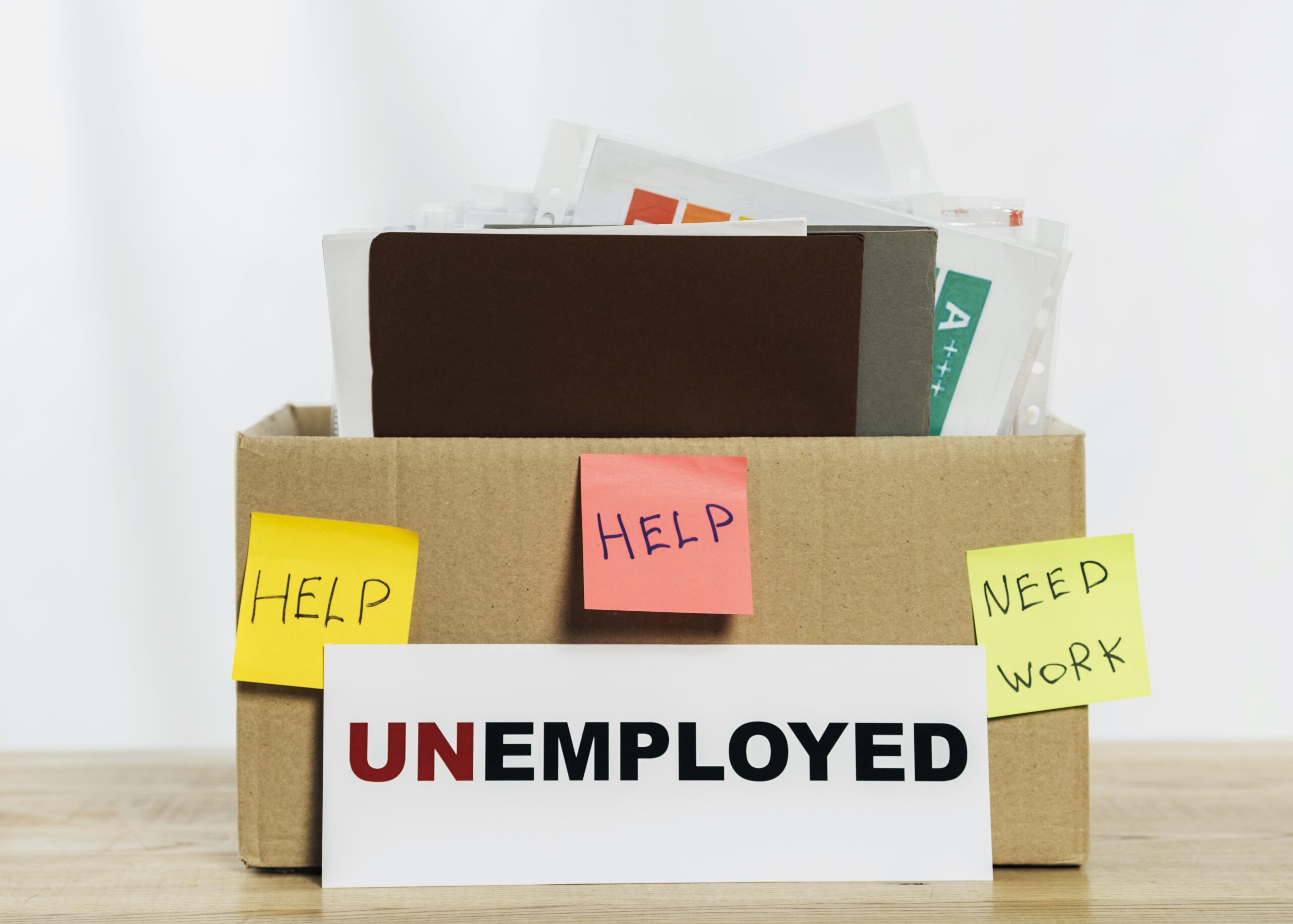Property vs Shares: A Beginner’s Guide to Investing

So, you’re new to investing and torn between property vs shares? Don’t worry – you’re not alone! In Australia, property investing (like buying a house or unit to rent out) and investing in ASX shares (buying stocks on the Australian Securities Exchange) are two popular ways to build wealth. Both have their own perks and pitfalls. In this friendly guide, we’ll break down the key differences in simple terms. We’ll compare property and shares across five important areas – financial returns, risk profile, time commitment, tax implications, and lifestyle fit – to help you get a clearer picture. Let’s dive in!
1. Financial Returns: How Much Money Could You Make?
When it comes to potential returns, history gives us some clues. Australian shares have historically delivered strong gains. Over the long term, the ASX sharemarket has returned around 9–10% per year on average (including dividends).
Property (residential real estate) has also grown in value over time, but a bit more slowly on average. Australian dwelling values increased about 5.3% per year (compound annual growth) over the past 30 years. When you add rental income, property’s total return historically might be in the high single digits percent per year – still solid, just a bit under shares on average.
So, when it comes to property vs shares, shares historically delivered a bit higher return on average, whereas property’s returns are bolstered by rental income and, often, by the use of leverage (borrowing).
2. Risk Profile: Volatility and Diversification
Shares tend to be more volatile day-to-day. But you can diversify easily with shares. For example, by investing in an index fund or a variety of stocks across different industries, you’re not putting all your eggs in one basket. Diversification helps reduce risk.
Property is generally less volatile in the short term but carries concentration risk – you’re often putting a lot of money into a single property in a single suburb. Property markets also move in cycles and are affected by local economic conditions, interest rates, and supply-demand dynamics.
Bottom line: Shares are volatile but flexible and diversified; property is steadier day-to-day but can be concentrated risk.
3. Time Commitment: Hands-On vs. Set-and-Forget
Investing in shares can be very low-maintenance. You can buy some shares or an ETF through an online broker and do nothing but check on it occasionally. No tenants, no leaking taps, no council rates.
Property investing is more of a hands-on project. Even with a property manager, there’s research, inspections, repairs, tenant management, and paperwork. Some enjoy the active involvement; others find it a chore.
Think of it this way: shares are like a passive hobby; property is more like a part-time job.
4. Tax Implications: What Does the Taxman Say?
Capital Gains Tax (CGT): Both property and shares are subject to CGT when sold at a profit. The good news is, for investments held over 12 months, individuals generally get a 50% discount on the capital gain. The main residence exemption means you usually don’t pay CGT on your home.
Income (Rent vs Dividends): Rental income and dividends are taxable. But shares often come with franking credits that prevent double taxation, which is a big plus.
Negative Gearing: This is a property advantage. You can deduct property losses against other income, which helps reduce tax. This is a popular strategy in Australia.
Depreciation: Property investors can also claim depreciation on buildings and fittings – another tax offset.
Bottom line: Property has generous deductions, but shares have franking credits. Each has unique tax perks.
5. Lifestyle Fit: Liquidity, Entry Barriers, and Flexibility
Liquidity: Shares are super liquid. Sell in minutes. Property? Not so much – selling takes months.
Entry Barriers: You can buy shares with $100. For property, you might need $100,000 or more upfront once you factor in deposits, stamp duty, and other costs.
Leverage (Debt): Property is easy to leverage via a mortgage. Shares can be leveraged using margin loans, but these are riskier and less beginner-friendly.
Flexibility & Lifestyle: Shares are hands-off and suit people who want flexibility. Property might suit those who like a tangible investment and don’t mind ongoing involvement.
Comparison Table: Property vs. Shares at a Glance
| Aspect | Property | Shares |
|---|---|---|
| Average Returns | ~5.3% p.a. capital growth + ~2-3% yield | ~9–10% p.a. including dividends |
| Volatility | Low short-term, cyclical risk | High short-term, market-sensitive |
| Diversification | Low (one asset, one suburb) | High (many companies/sectors) |
| Liquidity | Low (months to sell) | High (can sell quickly) |
| Time & Effort | High (management, maintenance) | Low (set-and-forget possible) |
| Entry Barrier | High ($100k+ deposit, stamp duty, etc.) | Low (start with <$1k) |
| Leverage (Debt) | Easy via mortgage | Riskier via margin loan |
| Tax Perks | Negative gearing, CGT discount, depreciation | Franking credits, CGT discount |
| Lifestyle Fit | Active investment | Passive investment |
Conclusion: Property vs Shares – Which One Should You Choose?
There’s no one-size-fits-all answer. It depends on your goals, risk appetite, lifestyle, and how much money you have to start. Some Aussies love property for its stability and tax perks. Others prefer shares for their flexibility and long-term growth potential. Many do both.
Start where you are. Maybe begin with shares while saving for property. Or invest in property and grow your knowledge of the stock market over time. Either way, building wealth is a marathon, not a sprint. Do your homework, think long-term, and pick the path that suits you best.
Any advice is general in nature only and has been prepared without considering your needs, objectives or financial situation. Before acting on it, you should consider its appropriateness for you, having regard to those factors. Before making any decision about whether to acquire a financial product, you should obtain the Product Disclosure Statement.
Latest News Articles
Back to Latest News
Economists Flag A Tough 2026 as Interest Rates to Rise Again

Redundancy Isn’t Just a Job Loss – It’s a Financial Shock


